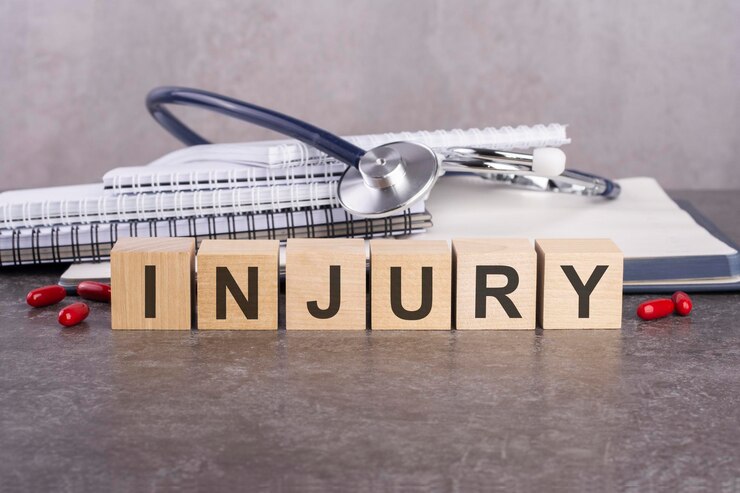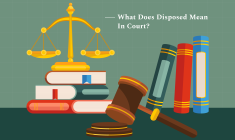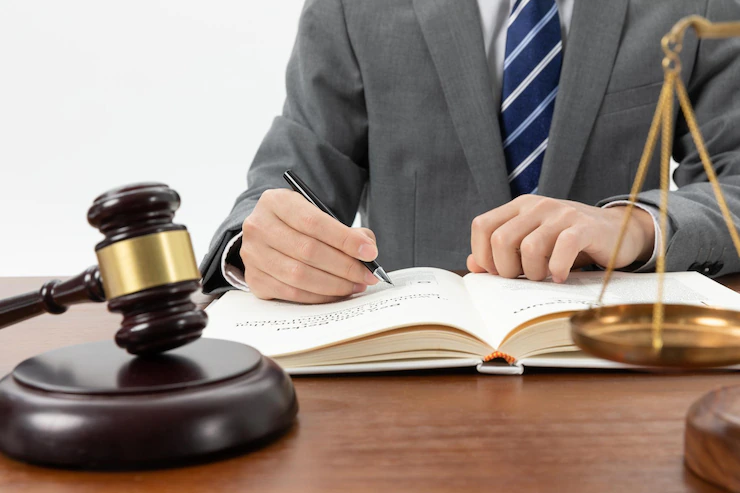Although most personal injury cases are resolved out of court, some situations require you to take your case to court to get the best possible result.
For processing the personal injury claim, the first thing everyone should know is what types of job responsibilities the personal injury lawyers carry forward.
Why Can A Claim For Personal Injury Go To Court?
Among the situations in which the personal injury claim may be essential to file a lawsuit are the following:
Complex matters that might be challenging to resolve outside of court include:
- Medical negligence.
- Brain and head traumas.
- Serious traffic accidents and motorbike injuries.
- Serious workplace accident claims.
- Serious claims for industrial diseases.
- Injury claims involving children.
- Fatal accident claims. And carry forward personal injury claim settlement.
- Denial of fault by the defendant.
If the defendant rejects responsibility for causing your accident or injuries, or if your lawyer cannot arrange an appropriate compensation settlement with your opponent, you can file a lawsuit. For more details, check this out from LDM law firm.
Unresponsive Insurer Or Defendant
If the defendant or their insurance lawyer is unresponsive or sluggish to reply, it is feasible to initiate legal actions by filing a petition with the court. At this point, the personal injury claim and defendant are required by law to react; Hence they have not already done so, they should appoint their attorney.
Interim Payments
Your attorney might petition the court for interim payment if your injuries need immediate medical care or have rendered you unable to pay for basic living costs. For more details, you can check this out at LDM law firm’s website. The personal injury claim amounts can be different according to the law firm’s fees.
What Are The Steps Of The Personal Injury Pre-Action Protocol?

Here are the steps which personal injury lawyers are doing as the pre-action works.
1. Early Notification
As soon as the claim is filed, the claimant’s legal representative must contact the defendant. Before receiving a formal letter of claim, the defendant is obliged to acknowledge that a claim has been filed against them.
2. The claim letter
This letter is written to the defendant to describe the specific nature of the claim, including information such as the claimant’s injuries and any financial losses. The letter should offer the defendant sufficient information to examine the allegation and determine their potential responsibility and claim value.
3. Third-stage preliminary response
After receiving the notice of a personal injury claim, the defendant has up to 21 days to respond. This is the defendant’s chance to provide any missing, relevant information on the claim that they believe may affect the result of the case.
4. Investigation
After submitting a preliminary answer, the defendant has up to three months to investigate the allegation and acknowledge or deny guilt.
5. Special damage
The claimant must give the defendant a Schedule of financial losses, such as lost wages and supporting documentation connected to the claim.
6. Experience persons
External specialists, such as medical practitioners, are employed to offer a comprehensive medical report and evaluation of the claimant’s sickness or damage. The procedure encourages the claimant and the defendant’s legal team to choose an experienced person jointly.
It is customary for the plaintiff to acquire a medical report, which will then be shared with the personal injury claim defendant so that they may concur with the results or raise any concerns.
7. Recuperation
It is vital to determine as early as possible in the claim process if the claimant needs rehabilitation therapy to recuperate from their injuries. Both parties must adhere to the Rehabilitation Code to identify the claimant’s requirements and determine how much money will be needed to pay for treatment.
8. Problem resolution
The claimant must postpone any actions for 21 days if the respondent accepts culpability. During this period, both parties are required to consider a settlement. Many of the clients keep asking how to settle personal injury claims without a lawyer. The facts are yes, of course, you can settle down the case even without taking help from professional personal injury lawyers. Just you have to be well aware of the legal terms and other obligations related to the issue.
10. Noncompliance
If both parties fail to comply with the pre-action procedure, the court has the jurisdiction to impose penalties. Sanctions may be pretty expensive and include: holding the personal injury claim until the process has been successfully followed. The party in violation must pay the other party’s expenses. Penalties on the amount of the settlement.
Conclusion
A greater interest rate is awarded to a personal injury claim if the defendant fails to cooperate. If you have suffered an accident or sickness due to someone else’s negligence, call any reliable law firm immediately for a free, no-obligation evaluation of your case. For more details, check this out from LDM law firm.
Read Also:
















